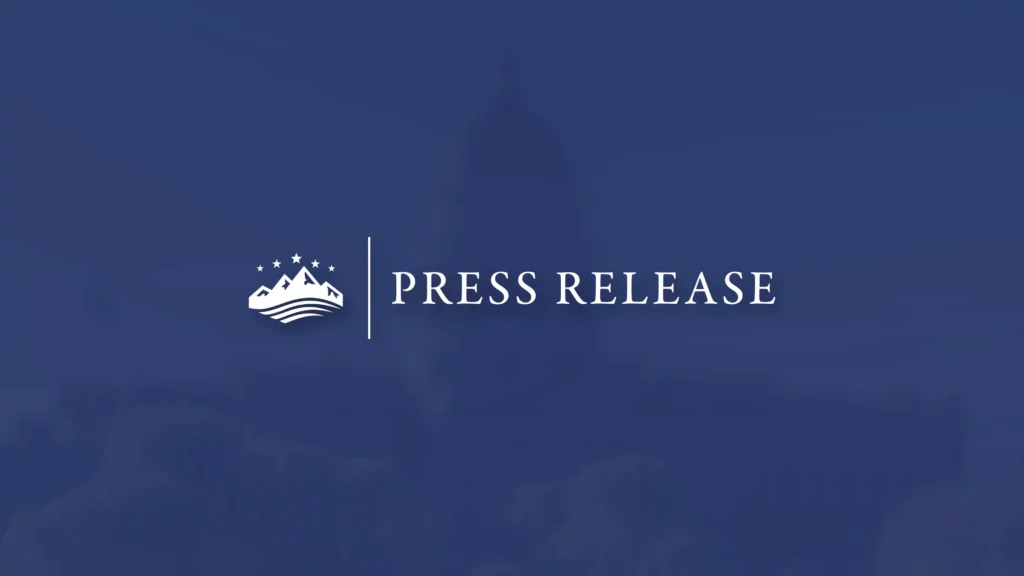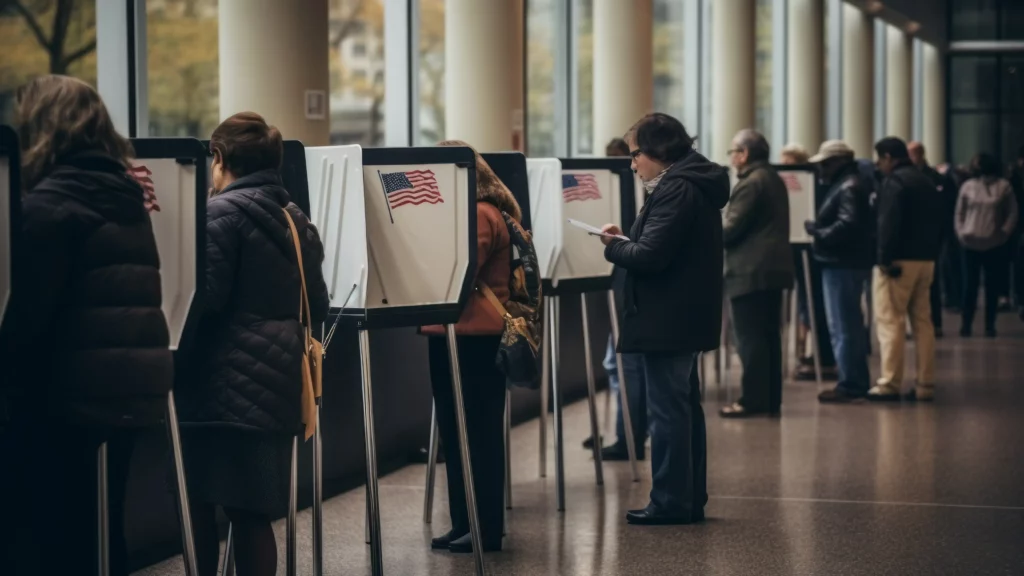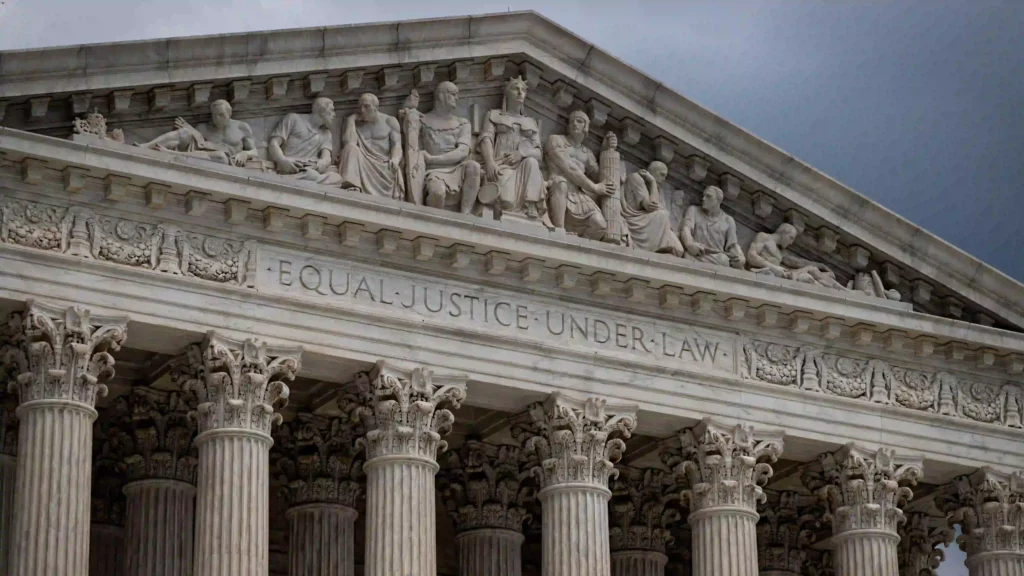

Insights & Takeaways is Sutherland Institute’s official blog that informs the public and policymakers alike. The blog addresses important issues through the two distinct yet complementary lenses of the seasoned policy professional and the engaged citizen.
 Insights: analysis, research, and informed commentary from Sutherland experts. For elected officials and public policy professionals.
Insights: analysis, research, and informed commentary from Sutherland experts. For elected officials and public policy professionals.
 Takeaways: the most important things voters need to know. For civically engaged citizens.
Takeaways: the most important things voters need to know. For civically engaged citizens.
Despite support for education savings accounts, awareness of Utah Fits All remains low
Among other findings, survey indicates that education choice is officially no longer the lightning rod issue that it once was in Utah.
Sutherland launches Work & Opportunity Initiative with new research
The primary goal of the Work & Opportunity Initiative is to identify and address any barriers to upward mobility experienced by Utah families, especially those striving to escape poverty.
Ensuring the peaceful resolution of future elections
The ultimate source of all political power in America — the people — are the ones who hold the responsibility for strengthening the political habits and practices essential to the vitality of our republic.
Utah’s open enrollment policy is strong – implementation less so
When districts do not faithfully implement Utah’s open enrollment law, they may be effectively denying parents practical access to better public schools for their child.
Religion can help take the venom out of political disagreement
Researchers found that people of faith, although civically involved, did not believe that religion was an appropriate setting for political discussions.
How to stop worrying about presidential elections and learn to love federalism
Voters, pundits, and elected officials themselves should embrace a healthier and more constitutionally grounded alternative to the current rhetoric.
New data highlights voter priorities in education
There is a stark difference in opinion about the quality of public education between parents and teachers.
As election season winds down, the U.S. Supreme Court term has just begun
The Supreme Court is being petitioned to consider three cases on religious freedom. Here's why the court should take them on.
Utah’s 2025 education agenda: What to expect for the parent-teacher partnership
What does the research say about Utah education and how are Utah leaders improving parent access to curriculum?
How religious communities are leading the hurricane relief effort
As communities across the Southeast recover from Hurricane Helene, religious communities have come together to help.
The most ‘consequential’ election
While politicos every four years refer to the next presidential election as “the most consequential in American history,” none compares to 1860.
How to vote your economic values
The economy may define the election. Which candidate has the better plan?
How information lag could be impacting the parent-teacher partnership
Recent polling shows that parents and teachers diverge on views of curriculum access and satisfaction with Canvas. Helping parents access what’s already available to them could help.
Amendment D decision should heighten focus on the most important constitutional considerations
Judicial restraint, in keeping with the constitutional separation of powers, has helped make Utah an example of good governance to the nation. Utah judges, policymakers and voters ought to carefully consider the ramifications of moving away from that bedrock legal principle.
Rewarding teachers who make curriculum accessible to parents
New polling shows that parents and teachers diverge on curriculum accessibility. Voluntary incentive programs could help close the gap.
America’s arduous road to religious freedom
America’s support for religious freedom was not always so broad. To prevent the same mistakes, it’s important to know our country’s history on the issue.
Utah’s 2025 Education Policy Agenda
New survey data from Sutherland Institute highlights parent-teacher perception gap.
2 ways that policymakers can support public schools trying to do more with less
Lawmakers could consider offering incentives – instead of giving mandates – and help facilitate parent engagement.


















